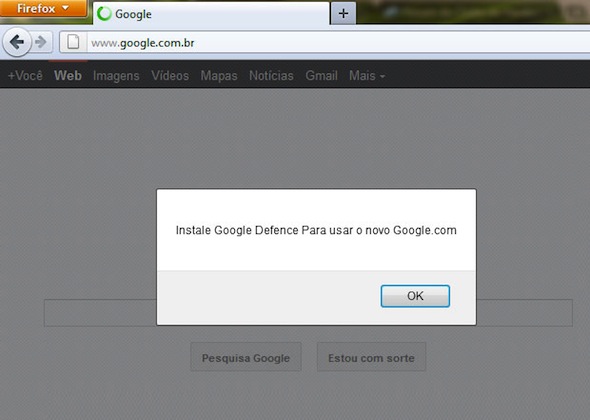US Supremes liken GPS tracking to 1984‘s Big Brother
If the Obama administration wins a crucial case testing when police may use GPS devices to track American’s whereabouts, investigators would be free to attach them to all nine members of the nation’s highest court without a warrant.
That blunt assessment came not from one of the many critics blasting the controversial practice, but rather from Michael Dreeben, the deputy US solicitor general who argued the case on Tuesday before the Supreme Court. According to legal scholar and blogger Orin Kerr, who attended the hearing, the justices had mixed reactions to that specter, with some comparing the continuous monitoring to a chapter out of George Orwell’s 1984 and others struggling to find a way to deem it reasonable.
The hearing comes in the case of a man indicted for cocaine trafficking in the Washington, DC area. FBI agents secretly planted the device on his Jeep Cherokee while it was parked on private property without ever securing a warrant based on probable cause. The device, which allowed agents to track the suspect’s whereabouts 24 hours a day for a full month, was accurate to within 100 feet and yielded more than 3,100 pages worth of data, according to court filings.
Attorneys for the defendant challenged the surveillance as a violation of constitutional guarantees against unreasonable searches and seizures. Last year, a three-judge appeals panel unanimously agreed and threw out the conviction.
Federal prosecutors challenged that ruling and earlier this year the Supreme Court agreed to hear the case.
According to Kerr, even justices who appeared troubled by the surveillance labored to find a clear rationale for prohibiting it.
“Merely watching a suspect in a city street was obviously not a search or seizure,” he wrote. “Does that change if you switch to video cameras? Lots of cameras? Beepers? GPS devices? Where do you draw the line?”
A PDF transcript of the hearing is here.
The hearing came the same day that Wired.com reported that a California man has come forward after finding two GPS devices secretly attached to his SUV. While a reporter and photographer met with the man in public places, police cars monitored the meetings from afar but never identified themselves.
A decision in the case of United States v. Jones is likely by the end of June, when the justices usually recess for the summer. In the meantime, readers looking for a way to thwart overzealous investigators might consider self-help remedies. This £25 Anti-Tracker GPS Signal Jammer, for instance, is advertised as coming with a range of 10 meters. ®
Article source: http://go.theregister.com/feed/www.theregister.co.uk/2011/11/08/supreme_court_mulls_gps_tracking/
